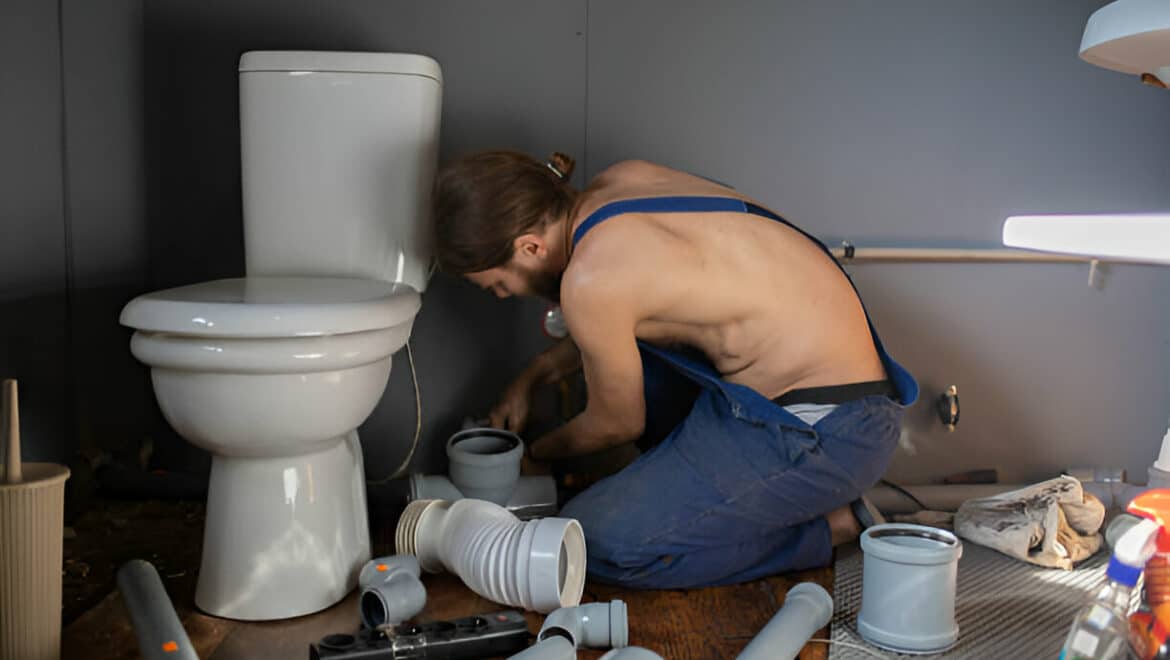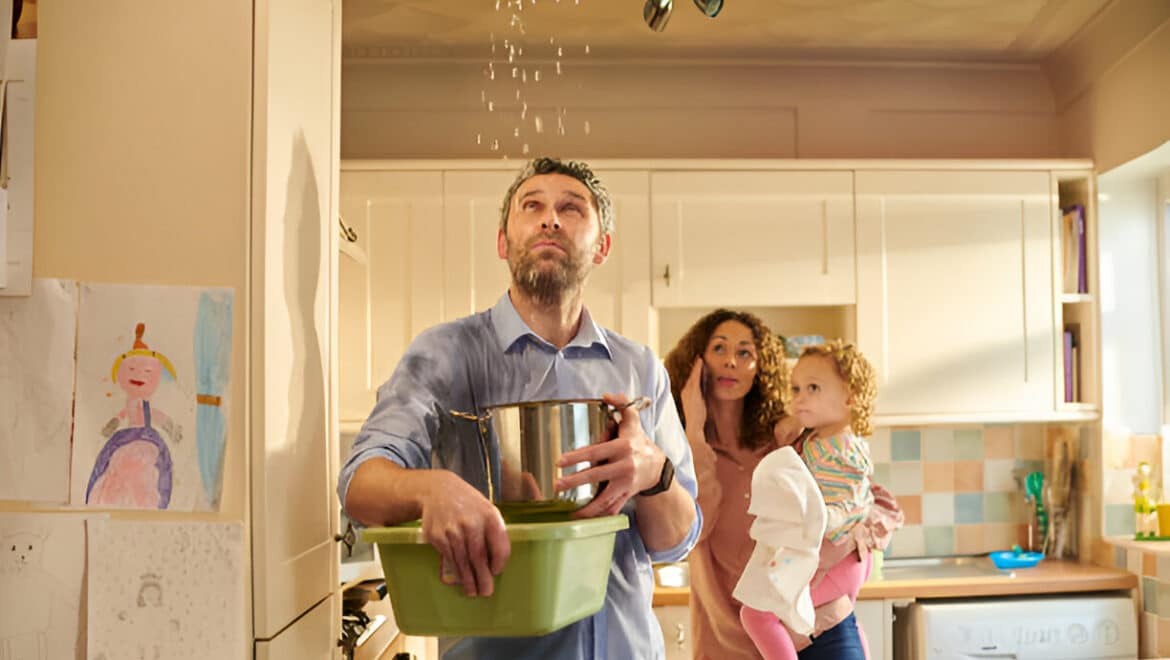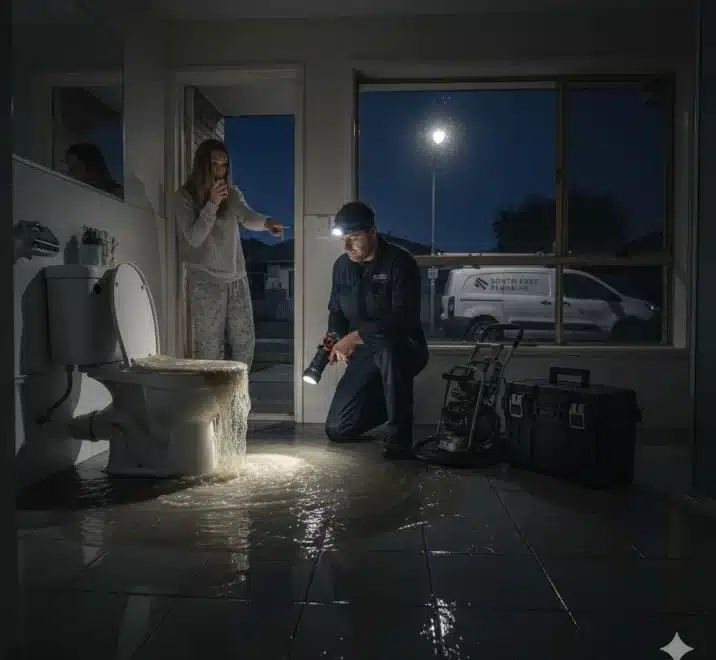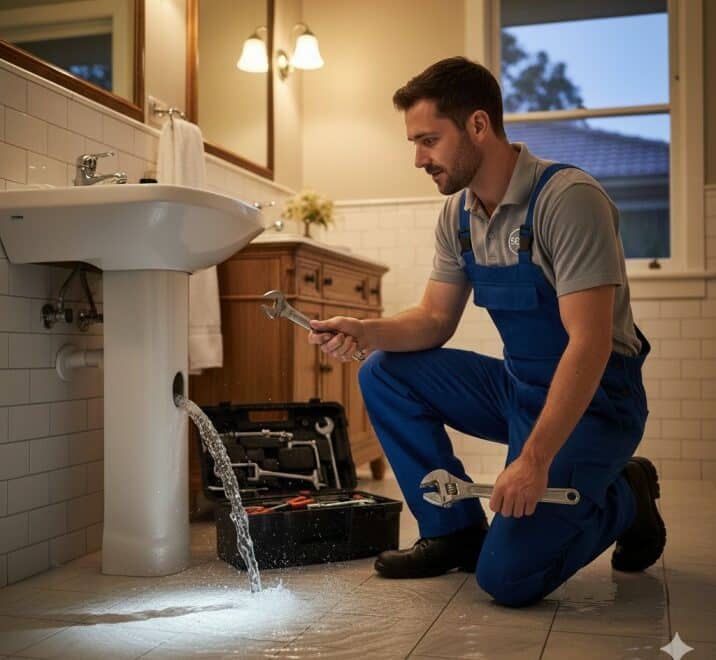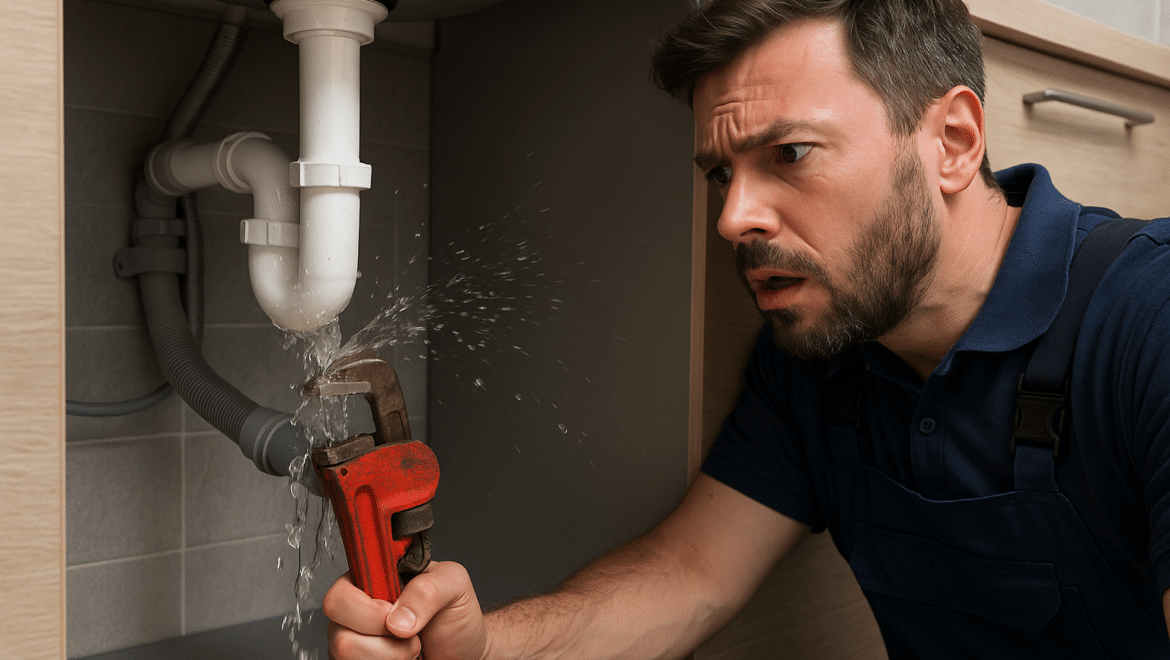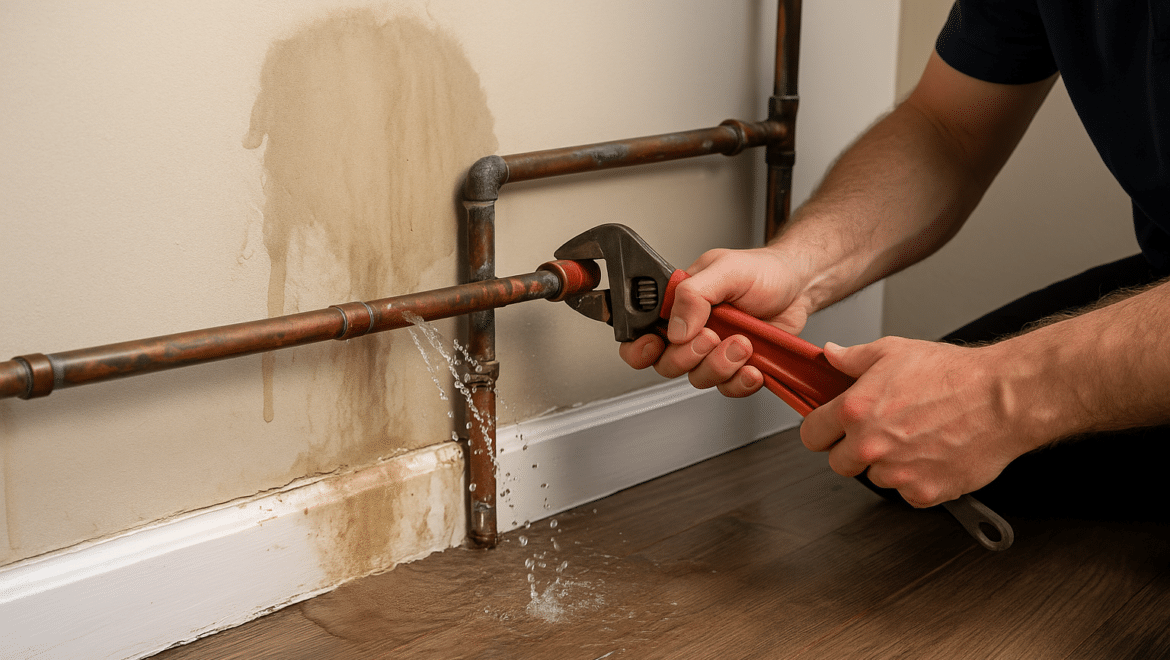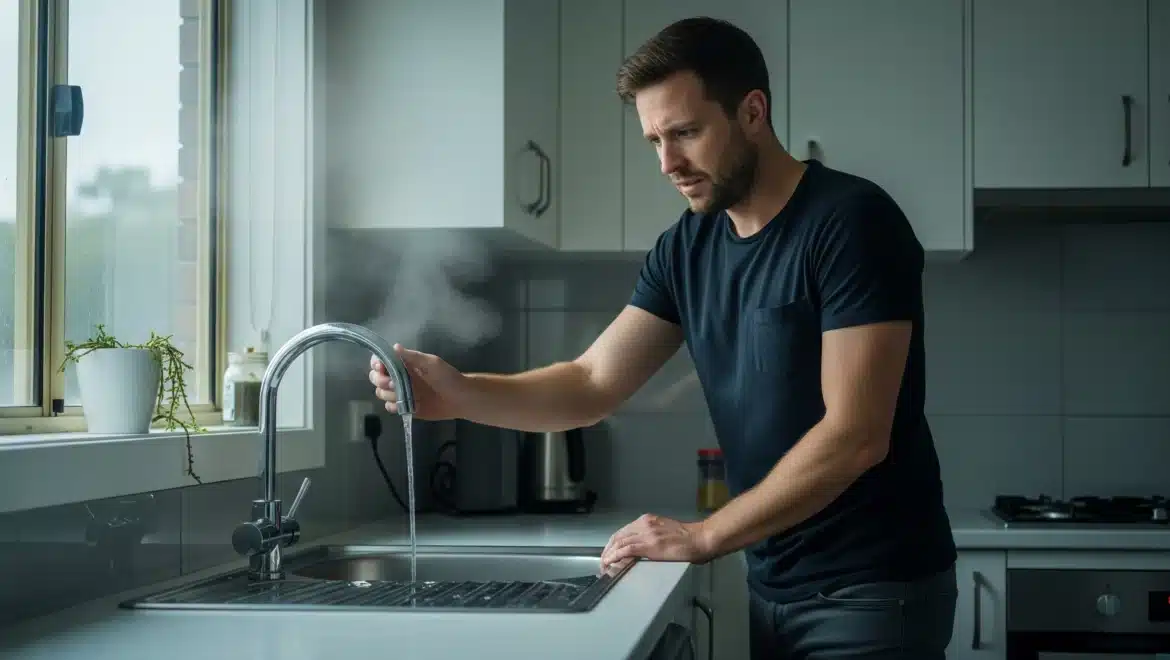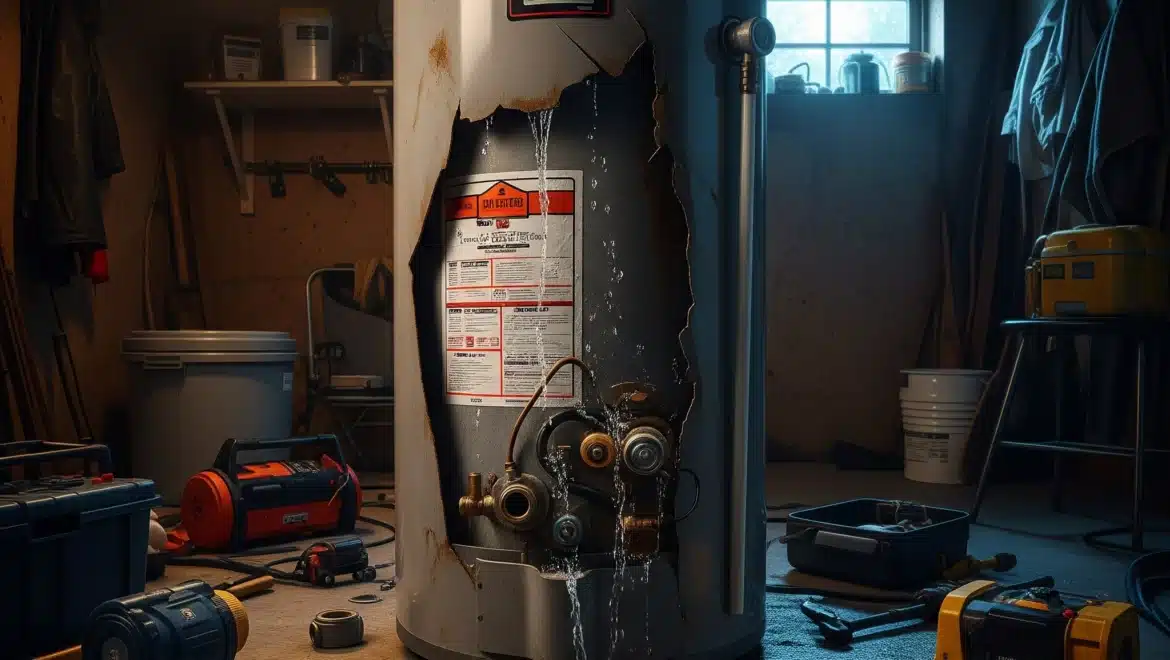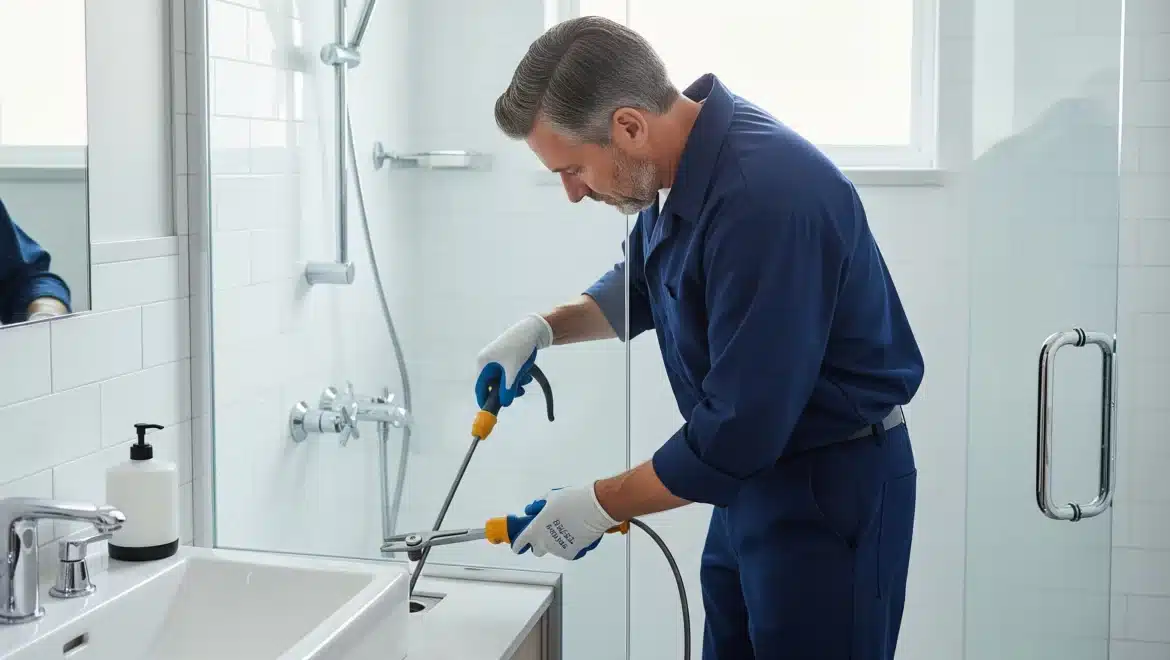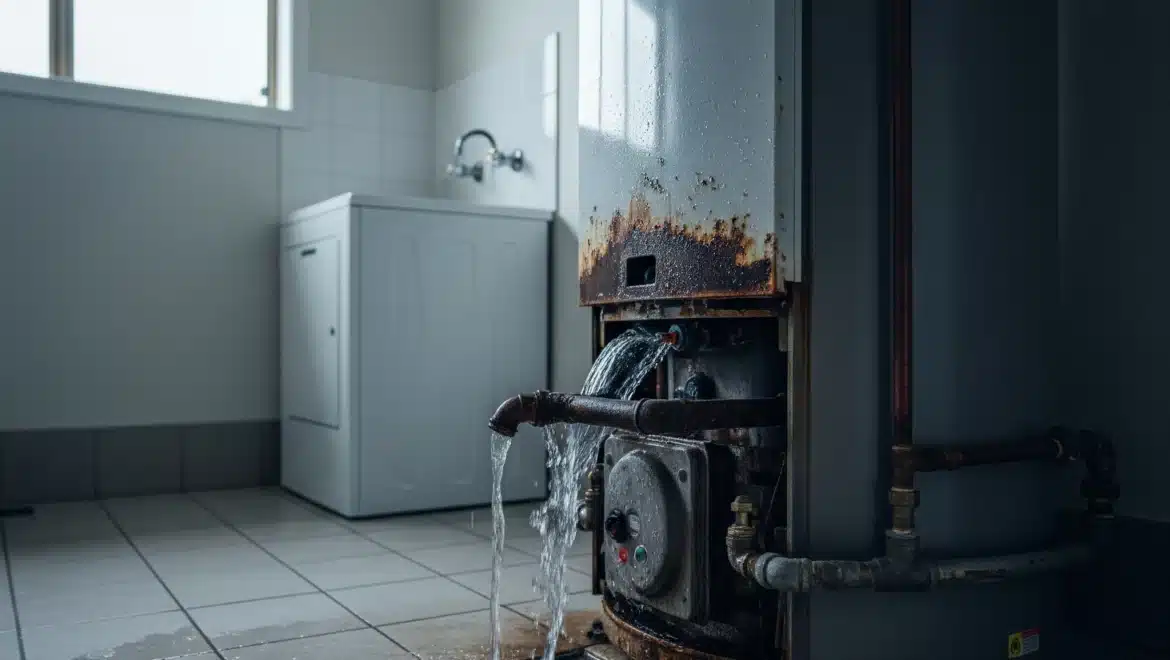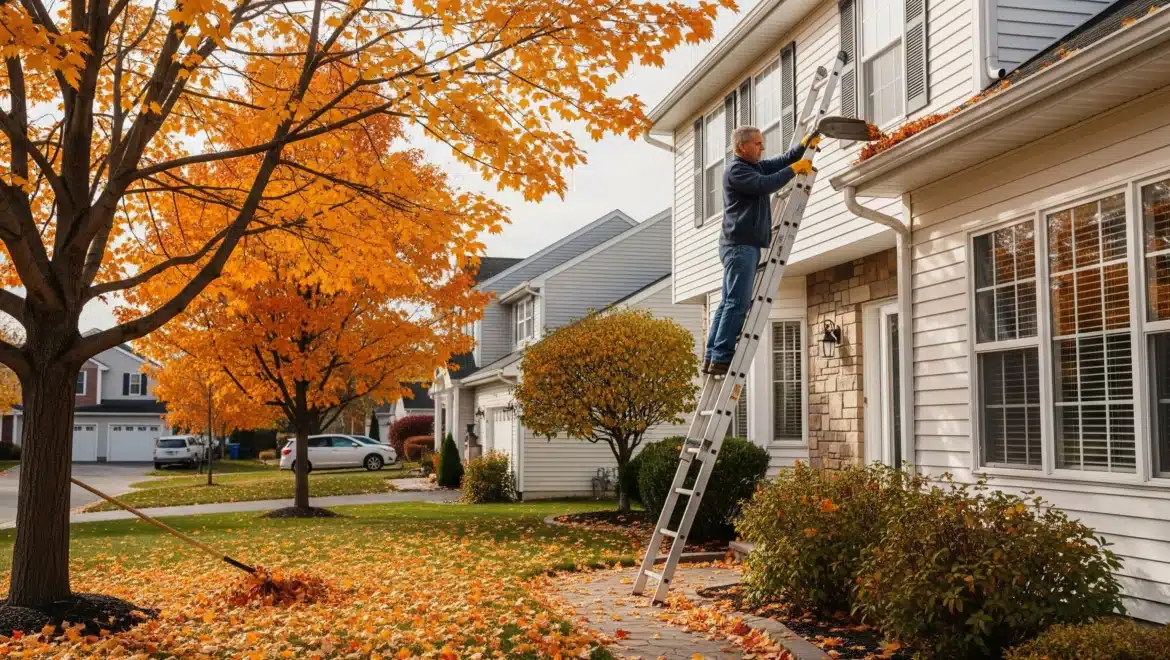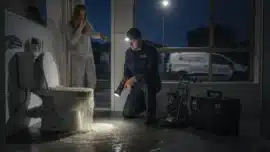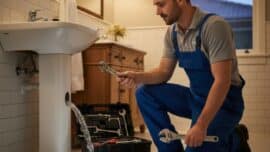Can I Fix a Leaking Toilet Myself?
A leaking toilet is not just an annoyance—it can waste significant amounts of water, increase your utility bills, and even cause damage to your bathroom. The good news is that many common toilet leaks can be fixed without professional help. If you have basic DIY skills and the right tools, fixing leaking toilets can be a straightforward task. However, some leaks may require professional attention. Here’s how to determine whether you can fix a leaking toilet yourself and when to call an expert.
Common Causes of a Leaking Toilet
To decide whether you can handle the repair on your own, it’s essential to understand the common reasons behind leaking toilets:
- Faulty Flapper Valve
The rubber flapper inside the tank controls water flow into the bowl. If it’s worn out or misaligned, water continuously leaks from the tank into the bowl. This not only wastes water but also prevents the toilet from flushing properly.
- Loose or Broken Fill Valve
A malfunctioning fill valve can cause water to overflow or leak, leading to excessive water usage and potential damage to other toilet components.
- Cracked Tank or Bowl
Visible cracks can result in persistent water leakage. While small cracks may be sealed temporarily, larger cracks often require replacing the entire toilet to prevent water damage to floors and walls.
- Worn-Out Wax Seal
The wax ring at the toilet base can deteriorate over time, leading to water leakage at the base. This can cause foul odours, floor damage, and even mold growth if not addressed promptly.
- Loose Bolts or Connections
The mounting bolts securing the toilet may become loose, causing leaks. If the toilet wobbles or shifts when you sit on it, the bolts may need tightening or replacing to prevent further issues.
- High Water Level in Tank
If the float is set too high, water can continuously spill into the overflow tube, causing leaks. This not only increases water bills but can also put unnecessary strain on the toilet’s flushing mechanism.
- Corroded or Worn-Out Gaskets
Toilets have several gaskets that seal connections between the tank and bowl. Over time, these gaskets can degrade, leading to slow leaks that might go unnoticed until they cause damage.
- Clogged Drain Line
While not a direct cause of leaks, a clogged drain line can cause water to back up, leading to leaks around the base of the toilet. If plunging doesn’t solve the problem, professional drain cleaning may be required.
- Condensation on the Toilet Tank
In humid conditions, condensation can build up on the outside of the toilet tank and drip onto the floor, mimicking a leak. Insulating the tank or using a drip tray can help manage this issue.
How to Detect a Silent Toilet Leak
Sometimes, toilet leaks are not immediately visible. Here’s a simple test:
- Add a few drops of food colouring to the toilet tank.
- Wait 10-15 minutes without flushing.
- If you see the colour appearing in the bowl, your toilet has a silent leak that needs fixing.
How to Fix a Leaking Toilet
If the issue is minor, you can attempt fixing leaking toilets by following these simple steps:
1. Replacing a Faulty Flapper Valve
- Turn off the water supply to the toilet.
- Flush to drain the tank.
- Remove the old flapper and replace it with a new one.
- Turn the water supply back on and check for leaks.
2. Fixing a Faulty Fill Valve
- Shut off the water supply.
- Remove the tank lid and locate the fill valve.
- Replace the faulty fill valve with a new one.
- Turn the water supply back on and ensure proper water flow.
3. Adjusting the Float Level
- Remove the tank lid and check the water level.
- Adjust the float by turning the screw on the fill valve or bending the metal rod.
- The water level should be about an inch below the overflow tube.
4. Tightening Loose Bolts
- Check the base of the toilet and tighten any loose bolts.
- Ensure the connections between the tank and bowl are secure.
5. Replacing a Worn-Out Wax Seal (Advanced DIY Fix)
- Turn off the water and disconnect the supply line.
- Remove the toilet and scrape off the old wax seal.
- Replace it with a new seal and reposition the toilet.
- Secure the bolts and reconnect the water supply.
When to Call a Professional
While minor leaks can often be fixed with basic tools, certain situations require expert help:
- Persistent Leaks – If the toilet continues to leak despite repairs, there may be a deeper plumbing issue.
- Cracked Tank or Bowl – Visible cracks often require a complete toilet replacement.
- Sewage Odours or Water Damage – If water is leaking beneath the toilet and causing damage to the flooring, professional intervention is recommended.
- Multiple Leaks in the Bathroom – If you’re also dealing with leaking taps, it may indicate broader plumbing issues requiring expert assessment.
Preventing Future Toilet Leaks
- Regularly inspect for signs of leaks, such as water pooling around the base.
- Avoid using harsh chemicals that can damage toilet components.
- Check and replace worn-out parts like the flapper and fill valve periodically.
- If you notice leaks in other fixtures, consider fixing leaking taps to prevent further plumbing issues.
- Install a high-efficiency toilet to reduce water wastage and improve performance.
Eco-Friendly Benefits of Fixing Toilet Leaks
Fixing a leaking toilet not only saves money but also conserves water. A single leaking toilet can waste up to 200 litres per day, leading to unnecessary water consumption. By promptly addressing leaks, households contribute to water conservation and reduce their environmental impact.
Many common toilet leaks can be resolved with DIY fixes, saving you money and preventing water wastage. However, for complex issues or ongoing leaks, calling a professional is the best course of action. If you’re dealing with leaking taps or leaking toilets, contact South East Plumbing Engadine for expert assistance. Whether it’s fixing leaking taps or repairing a major leak, timely intervention ensures your plumbing system remains in top condition.

